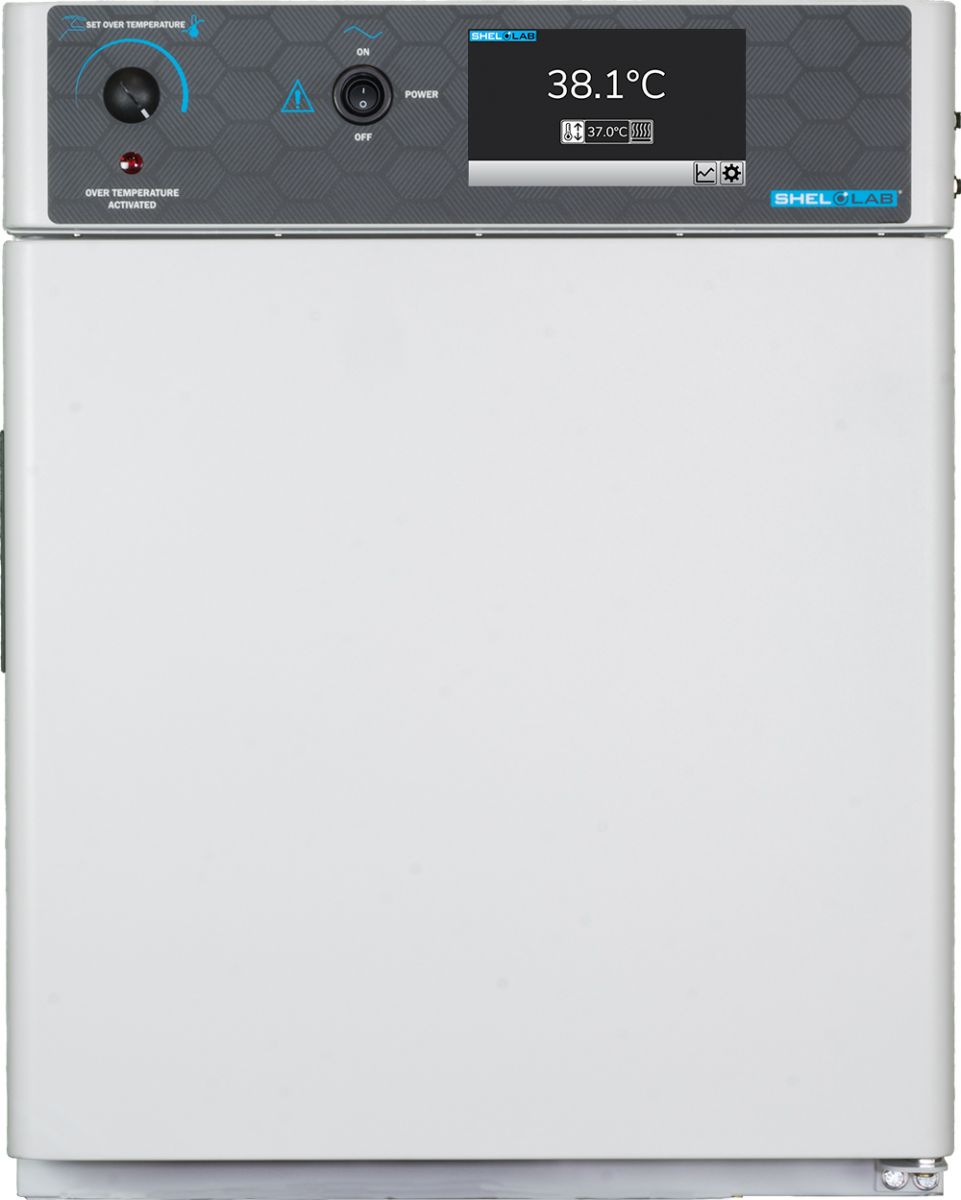The Different Types of Laboratory Incubators and Their Uses
Posted by Maxi Scientific on Aug 4th 2024
When choosing a new incubator you might be overwhelmed with the options available...this post is meant to ease your mind and help you get a better idea of what you need!
Types of Laboratory Incubators and Their Uses
- Standard (Non-CO2) Incubators:
- Description: These incubators provide a stable temperature environment but do not control CO2 levels.
- Uses: Ideal for general microbiology applications, such as bacterial and fungal culture growth.
- CO2 Incubators:
- Description: Equipped with controls to regulate temperature, humidity, and CO2 levels, creating an optimal environment for cell culture.
- Uses: Essential for mammalian cell culture, tissue engineering, and other cell-based research requiring precise CO2 levels for pH balance.
- Refrigerated Incubators:
- Description: Capable of maintaining lower temperatures, these incubators are used for samples that require refrigeration.
- Uses: Suitable for applications involving the storage of samples and reagents, or for studies that require temperatures below ambient, such as enzyme activity studies and protein crystallization.
- Shaking Incubators:
- Description: Combine the features of a standard incubator with a shaking platform to provide continuous agitation.
- Uses: Ideal for microbial cultures and cell suspensions where aeration and uniform mixing are required, such as in the production of recombinant proteins.
- Humidity-Controlled Incubators:
- Description: These incubators provide precise humidity control in addition to temperature regulation.
- Uses: Used for applications requiring specific humidity conditions, such as the growth of fungal cultures or the incubation of plant tissue cultures.
- Anaerobic Incubators:
- Description: Designed to maintain an oxygen-free environment, often using gas replacement systems.
- Uses: Necessary for the cultivation of anaerobic microorganisms, which cannot grow in the presence of oxygen.
- Hybridization Incubators:
- Description: These specialized incubators provide a controlled environment for hybridization reactions.
- Uses: Used primarily in molecular biology applications, such as DNA/RNA hybridization, where precise temperature control and gentle agitation are required.
Key Considerations When Purchasing a Laboratory Incubator
- Application Requirements:
- Specific Needs: Identify the primary use of the incubator in your research. Whether it’s for cell culture, microbial growth, or specific experimental conditions, understanding your application needs will guide your choice.
- Temperature Range and Stability:
- Precision: Ensure the incubator can maintain the required temperature range with high precision and stability. Consistent temperature is crucial for reproducible results.
- CO2 and Humidity Control:
- Environmental Conditions: For applications requiring specific CO2 levels and humidity, choose an incubator that offers accurate and reliable control of these parameters.
- Capacity and Size:
- Lab Space: Assess the available space in your laboratory and the volume of samples you intend to incubate. Incubators come in various sizes, from small benchtop models to large floor-standing units.
- Shaking Capability:
- Aeration Needs: If your research involves microbial or cell suspension cultures, a shaking incubator might be necessary to provide adequate aeration and mixing.
- Contamination Control:
- Clean Environment: Consider incubators with features that minimize contamination risks, such as HEPA filters, antimicrobial coatings, and easy-to-clean interiors.
- Ease of Use and Maintenance:
- User-Friendly Design: Look for incubators with intuitive controls, clear displays, and accessible interiors for easy loading and cleaning. Regular maintenance is essential to ensure optimal performance.
- Energy Efficiency:
- Operational Costs: Energy-efficient models can reduce operating costs and environmental impact, especially important for incubators that run continuously.
- Brand Reputation and Support:
- Reliability: Choose a reputable brand known for producing reliable and durable equipment. Consider the availability of customer support and warranty options.
- Budget:
- Cost-Effectiveness: Balance your budget with the features and reliability you need. Investing in a high-quality incubator can save costs in the long run by ensuring accurate and reproducible results.
And as usual, if you have any questions or need help selecting the right incobator for you, reach out to us at clientservices@maxisci.com!

